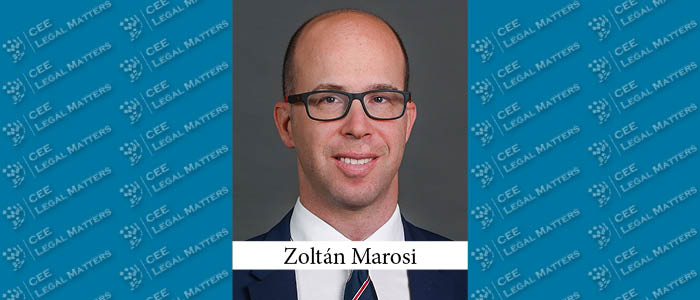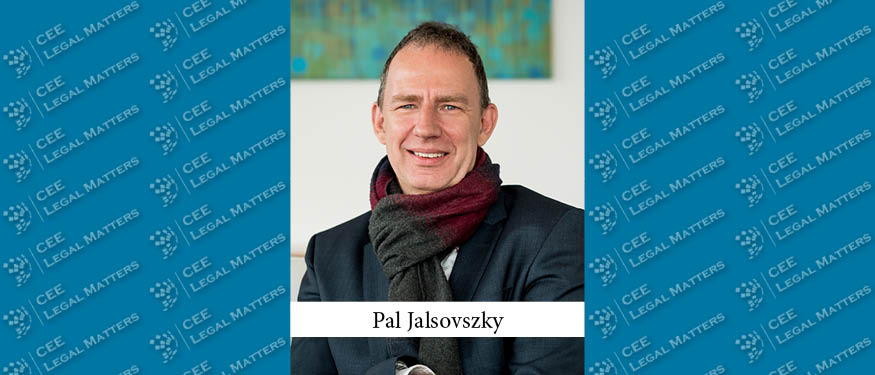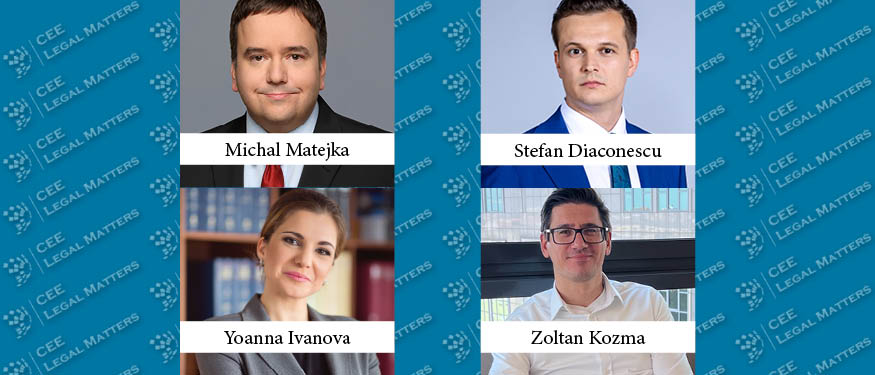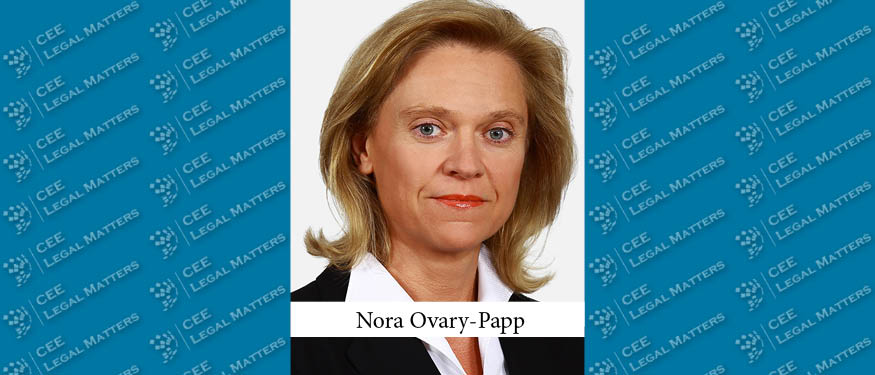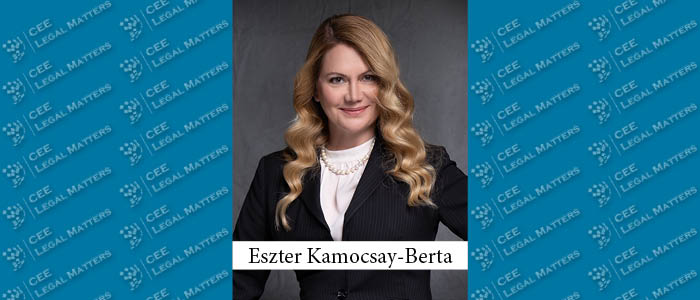Elementz Legal has advised Bubblify International on its acquisition of 22 OXO-brand shopping center retail locations in the Czech Republic, Slovakia, and Hungary.
Krisztian Kiralyvolgyi Appointed to Partner at KCG Partners
KCG Partners has promoted Krisztian Kiralyvolgyi as Partner.
Stricter Environmental Penalties as of May 2025: New Rules for Corporations and SMEs
The Government of Hungary expects all investments to comply with the strictest environmental standards. Should companies fail to meet these requirements, fines will be imposed under the "polluter pays" principle. The new penalty regulation distinguishes between private individuals, small and medium-sized enterprises (SMEs) and large corporations.
Reduced Transfer Tax for Solar and Wind Power Plants – New Bill Brings Relief for Investors
In June 2025, the Hungarian Parliament adopted a bill proposing that the market value of solar and wind power plants be excluded from the base of real estate transfer tax. If adopted, this would reduce the financial burden for investors purchasing land with renewable energy infrastructure.
Wolf Theiss Advises Raiffeisen Bank on EUR 300 Million Green Bond Issuance
Wolf Theiss, working with Linklaters, has advised Raiffeisen Bank on the issuance of EUR 300 million 4.191% 6NC5 green non-preferred senior eligible notes due 2031. White & Case reportedly advised the bank syndicate.
Tightening the Grip – Hungary Introduces Updates to its Foreign Investment Screening Processes
Hungary’s specific domestic foreign direct investment (FDI) screening regime (affecting both ongoing and future cases) has been updated to include extended applicable deadlines and the possibility of multiple rounds of extensions. Additionally, the existing pre-emption mechanism – originally intended for transactions targeting solar developments – has been extended to cover all transactions blocked by the competent minister’s decision.
Important Changes in Civil Litigation
On 13 May 2025, the Hungarian Government submitted a bill to the Parliament on the amendment of several laws governing the justice system. The proposal could bring significant changes to civil litigation.
Navigating Shrinkflation: Hungary Leads the Way in Shrinkflation Regulation
DLA Piper's International Shrinkflation Guide provides a comprehensive overview of how different countries around the world are responding to the phenomenon of “shrinkflation” – the practice of consumer goods manufacturers reducing the size or quantity of their products while keeping prices unchanged.
Changes in Corporate Criminal Liability in Hungary: Plea Deals for Companies
Starting next year, the rules on corporate criminal liability in Hungary will undergo significant reforms aimed at making companies' participation in criminal proceedings more effective, predictable and proactive. Among the most notable innovations is the introduction of plea deals for companies, intended to enhance both accountability and cooperation between companies and criminal authorities.
DLA Piper Advises The Vita Group on EUR 81.5 Million Receivables Securitization
DLA Piper has advised The Vita Group on the launch of a three-year, EUR 81.5 million trade receivables securitization program. External funding was provided by Santander Corporate and Investment Banking and Finacity Corporation, with retained funding from Vita entities.
Legislative Boost for Energy Efficiency in Hungary
In April 2025, the Hungarian Parliament adopted significant amendments to the Act on Energy Efficiency, bringing about a major revision of the Energy Efficiency Obligation Scheme (EEOS). The new legislative package introduces a range of substantial changes aimed at accelerating the country’s transition toward a more sustainable and energy-efficient building stock while also providing a much-needed stimulus for the domestic construction and renovation sectors.
Three Partners Spin Off from Provaris to Form BLB Legal in Budapest
Former Provaris Varga & Partners TMT and corporate law Partners Adam Liber, Tamas Bereczki, and Aron Bagdi have spun off to launch BLB Legal, effective July 1, 2025.
Guest Editorial: “So Your Hourly Rate Is 500 EUR…”
This is not the sentence commonly heard in law firms across the region at the moment. But that might not be the case for much longer.
“Don’t Trust That Email” – An Increasingly Recurring Note from Law Firms
An increasing number of law firms have been publicly warning about the misuse of their names in phishing and cyberattacks. PRK Partners Partner Michal Matejka, Musat & Asociatii Partner Stefan Diaconescu, Gugushev & Partners Partner and Head of Data Protection Yoanna Ivanova, and DLA Piper Hungary Partner and Head of Intellectual Property and Technology Zoltan Kozma discuss the growing trend.
Hungary: Internal Investigations – Why a Robust Internal Policy Is the Best Corporate Safeguard
Internal corporate investigations are no longer occasional procedures but essential elements of organizational integrity and risk management. In Hungary, where labor law, data protection, and criminal law intersect, companies must handle investigations with diligence. While whistleblowing systems are mandatory for certain Hungarian organizations, effectively managing reports remains challenging. Establishing robust internal policies and adhering to data protection standards from the outset are the best safeguards against corporate liability risks, as improperly handled evidence may be inadmissible in legal proceedings. As a result, internal investigations must emphasize transparency, proportionality, and lawful data management, particularly when competition law or criminal law issues arise.
Oppenheim Advises CPI Europe on Sale of Marriott Hotel Budapest
Oppenheim has advised CPI Europe on its sale of the Marriott Hotel Budapest to undisclosed buyers.
Amendments to Hungarian FDI Control Regime
Significant amendments to Hungary's foreign direct investment (FDI) control regime entered into force on 24 June 2025, introducing expanded pre-emption rights for the state and revised procedural timelines.
New Law on the Protection of Local Identity
On 11 June 2025 the Hungarian Parliament adopted the proposal on the protection of local identity, essentially drafted to safeguard the interests of local communities in Hungarian municipalities, which was also published in the Hungarian Gazette on 16 June 2025.








